Each day, I eat two vitamin VitaFusion Gummies, which is the recommended amount to get the full effect of the vitamins, which is stated on the Nutritional Facts. They are multivitamin gummies that contain Vitamins A, C, D, E, B-6, B-12, folic acid, biotin, and Niacin, to make sure I’m getting all the necessary vitamins to stay healthy, especially in college when sometimes my diet isn’t suburb. But they are so good. They taste like candy. Sometimes I find myself wondering, “Did I eat two vitamin gummies today or did I only eat one? Who cares, I’ll have one now.” We all know that vitamins are good for us and are necessary, and bad things like deficiencies happen if we don’t get enough vitamins, but can I have too many? What happens if I eat too many of these gummy vitamins?

nootropicslist.com
If you eat too many gummy vitamins, it can cause permanent damages, according to Dr. Ken Spaeth, director of occupational and environmental medicine at the North Shore-Long Island Health System. Eating the recommended amount is safe, but if you were to eat them as a snack and have a whole bottle, then it can pose some serious health issues. I was told by my sister, a pediatrician, that if you eat too many vitamins, your body gets rid of them by “peeing them out.” She is only partially correct. The body is able to get rid of excess fat-soluble vitamins such as vitamins A, D, and E. But a buildup of other kinds of vitamins can cause damages to organs including the brain. I don’t think she was talking about eating a whole bottle of these bad boys. I think she was talking more along the lines of consuming double the recommended daily dosage.
“It is worth noting that minerals, such as zinc, magnesium, manganese, etc. are also commonly included in multivitamins and would likely be at toxic levels as a result of consuming an entire bottle,” Dr. Spaeth said. Of course, it is different for grown adults versus children. A child consuming an inappropriate amount of vitamins is more dangerous than an adult consuming a large amount because the adult has a larger body mass and can handle the overdosage of vitamins slightly better. Dr. Spaeth also mentions, “Regardless of age, though, eating a bottle of gummy vitamins should be avoided because of the very real danger. The poison control hotline or an Emergency Department should be consulted if someone you know disregards this advice.” Spaeth notes that every multivitamin brand has a different list of vitamins, so it’s difficult to talk about all possible brands as the types and amounts of vitamins they contain differ from brand to brand.

saveourbones.com
Not only can long-term damage occur from taking too many vitamins supplements, but also too much vitamin C or zinc could cause nausea, diarrhea, and stomach cramps, and too much selenium could lead to hair loss, gastrointestinal upset, fatigue, and mild nerve damage. There’s no benefit from taking too many vitamins- it won’t help your body because it will only take what it needs. Taking over the recommended amount of vitamins can only have negative effects. There are some signs that you have vitamin overload in your body. Difficulty sleeping or concentrating, nerve problems such as numbness or tingling, or feeling more irritable can be signs that you’re eating too many of those delicious peach gummies.

groceryheadquarters.com
So far, we have been talking about supplements. You can absolutely take enough vitamins in from your daily meals with no need for supplements. I take supplements when I feel as though I didn’t get enough nutrients from the day from what I ate. Dr. Johanna Dwyer, a senior research scientist with the National Institutes of Health’s Office of Dietary Supplements, says it is difficult to OD on vitamins from food sources alone, and that when it happens it’s commonly from a person overdosing on supplements.
Pros and cons of taking supplements:
Pros:
–A study on vitamin supplements shows that they can help reduce high blood pressure, If vitamin D is added into the supplement.
-Calcium and Vitamin D are commonly added into supplements and are effective at keeping bones strong and healthy to ward off osteoporosis in old age if you take the supplements at a younger age.
-There are prenatal vitamin supplements, which contain folic acid, pertinent for a growing fetus and helps to decrease birth defects.
-The study also shows that omega-3 fatty acids help with heart disease.
Cons:
-they might not even benefit you that much, depending on how many vitamins you’re getting from your diet/how much your body absorbs it, so you’d just be spending an extra amount of money on gummies.
-Vitamin supplements are not counted as drugs, and they are obviously over-the-counter. But they can possibly harmfully react with drugs if they are taken simultaneously. “According to NIH, Vitamin K can reduce the ability of the blood thinner Coumadin to prevent blood from clotting. St. John’s wort can speed the breakdown of many drugs, including antidepressants and birth control pills, and thereby reduce these drugs’ effectiveness. Antioxidant supplements, like vitamins C and E, might reduce the effectiveness of some types of cancer chemotherapy.” Always discuss with your doctor.

gbgproducts.com
It’s up to you to decide if it’s right for you to take vitamin supplements. I do because they help me to ward off cold and keep me generally healthier. I think these studies and conclusions are correct and backed by doctors. Vitamins are good for your health, as long as you do not take too many. Taking too many vitamins can be very harmful to your health, so don’t get carried away on the gummies, kids, and take one or two when you feel under the weather. Always talk to your doctor about supplements and always read the recommended amount!


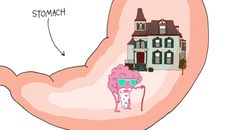
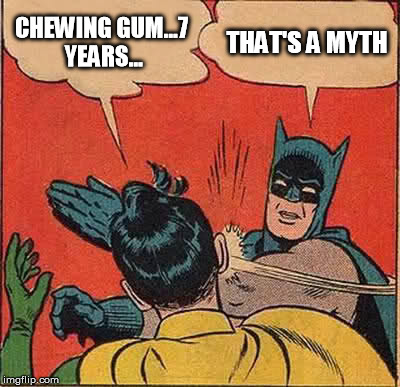

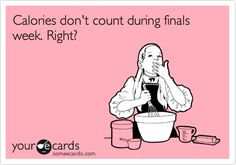






































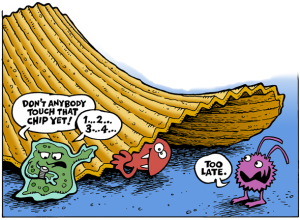




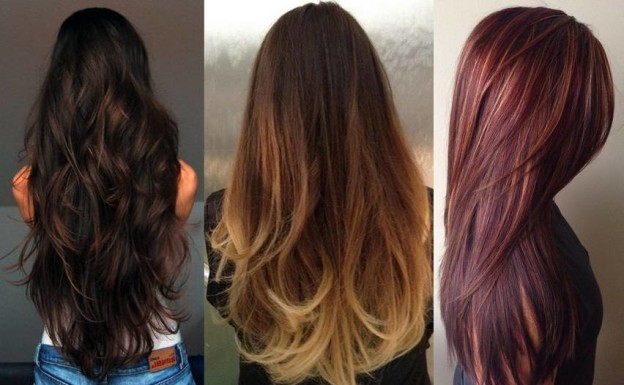





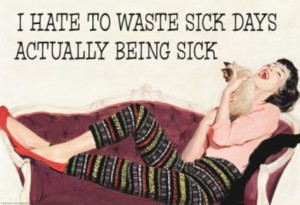



 I was watching Good Morning America the other morning and was intrigued by a feature on participation trophies in kids sports. I remember when I played soccer in elementary school, our whole team would receive participation trophies at the conclusion of the season. Not many of us have kids yet, so we can think about this subject in relation to ourselves. How did receiving participation trophies (no matter how much or how little you actually participated) affect our athletic mindsets? Some parents on the side of participation trophies
I was watching Good Morning America the other morning and was intrigued by a feature on participation trophies in kids sports. I remember when I played soccer in elementary school, our whole team would receive participation trophies at the conclusion of the season. Not many of us have kids yet, so we can think about this subject in relation to ourselves. How did receiving participation trophies (no matter how much or how little you actually participated) affect our athletic mindsets? Some parents on the side of participation trophies 









